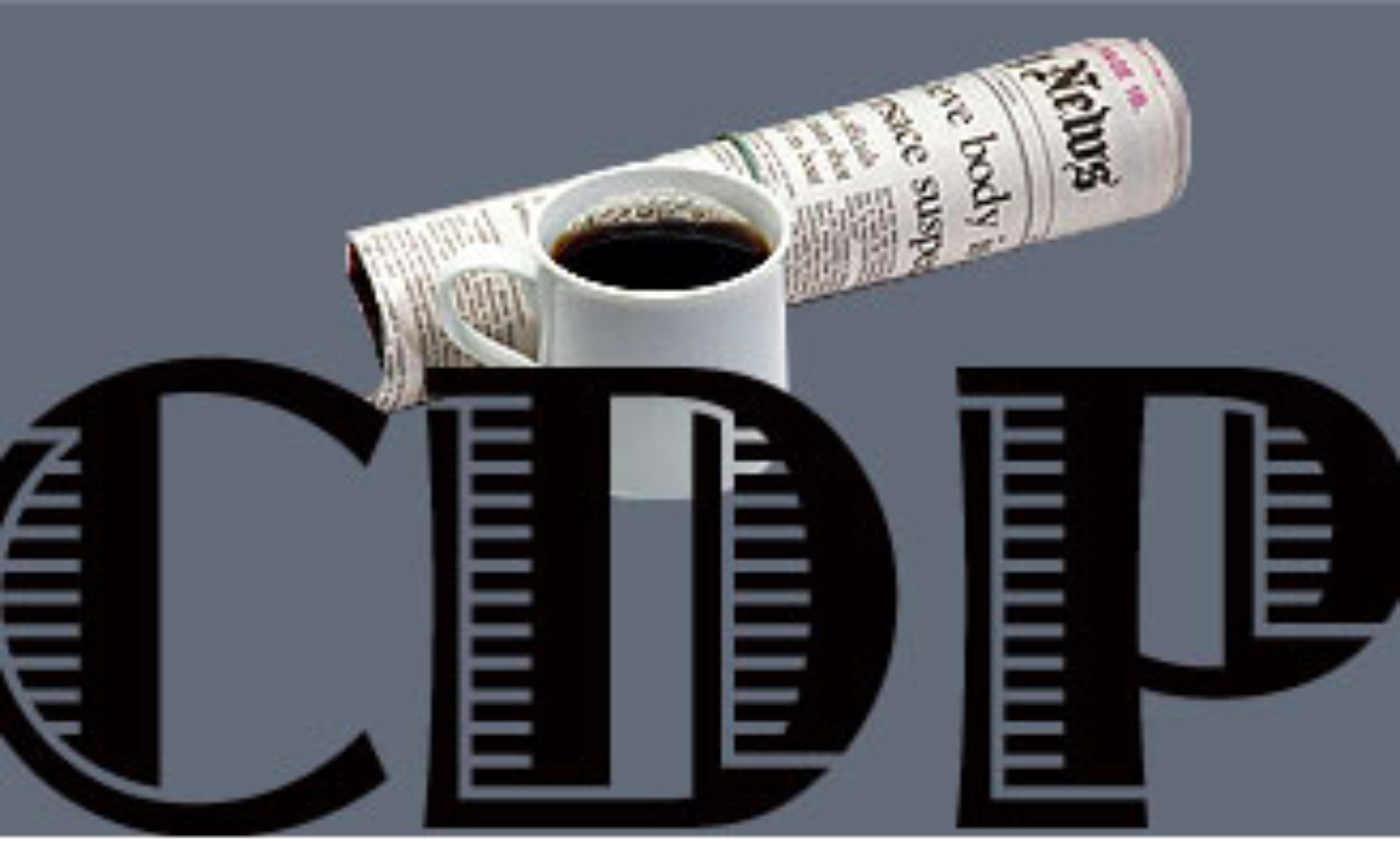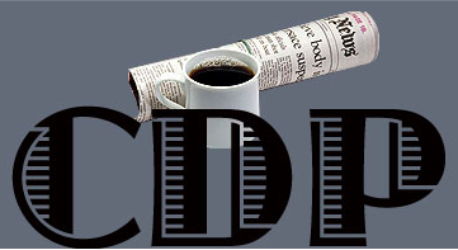In today’s digital age, children are exposed to an overwhelming amount of content on the internet. With just a few clicks, kids can stumble upon inappropriate content that may be harmful to their mental and emotional well-being.
As parents, it is our responsibility to ensure that our children consume safe and appropriate content online. Here are a few tips on how to do so:
1. Set up parental controls: Most devices and apps have built-in parental controls that can restrict access to inappropriate content. Make sure to set up these controls on all devices your child uses.
2. Use child-friendly search engines: Google and other search engines can often provide results that are not suitable for children. Use child-friendly search engines such as Kiddle or KidRex that provide only appropriate content.
3. Monitor your child’s online activity: Keep an eye on what your child is watching or reading online by checking their browsing history or using monitoring software.
4. Educate your child about online safety: Teach your child about the risks of online content and how to stay safe online. Encourage them to talk to you immediately if they come across something that makes them uncomfortable.
5. Use age-appropriate content: Make sure that the content your child is consuming is age-appropriate. Look for ratings and reviews of movies, shows, and games before allowing your child to watch or play them.
To ensure that our children are consuming safe content online, it’s essential we take these simple steps. Parents can protect their children from harmful content and help them enjoy a safer and more positive online experience.

